Break the Over-Helping Habit
As a woman physician, I’ve felt the pressure to give away my expertise for free.
I was trained to feel tremendous guilt if I say "no."
Women in medicine are socialized to be helpful at all costs. This leads to burnout, resentment, and exhaustion.
There is a high cost to all the "free" advice we give.
Saying "no" is uncomfortable, often terrifying, but it is also essential if we are to reclaim our time and well-being.
I have recently been asked countless times for business advice, insights on running retreats, and other guidance from fellow women physician entrepreneurs.
These requests trigger my deep-seated desire to be helpful but also leave me feeling drained.
The clue to "over-giving" is the creeping irritation, frustration, and exhaustion that follows.
As physicians we are trained to give selflessly, but at what cost?
Society expects it, and in the name of sisterhood, we often expect it from one another. But the constant giving impacts our personal and professional well-being.
My turning point came when my attorney husband asked:
"Why do you help almost anyone who asks for business advice?
Why do other women physicians assume you will share your hard-earned knowledge for free?
Why don’t you just say no?"
His questions gave me pause.
Why indeed?
Why don’t people sign up for coaching or consulting if they want to know how I do what I do? And more importantly, why don’t I insist on it?
This led me to a powerful realization: If I don’t value my time and expertise, no one else will. If I continue to over-give, I make it harder for my sisters in medicine to value themselves.
I am no longer over-giving from guilt, fear of judgment, or fear of not being liked. I am committing to modeling healthy boundaries and to valuing my expertise, even within the sisterhood.
Setting boundaries isn’t about withholding support; it’s about honoring our worth.
When we devalue our time, we teach others to do the same.
There is a fine line between supporting one another and undervaluing one another’s expertise.
What if true support meant paying for each other’s work?
What if we honored each other’s knowledge and wisdom as something worth investing in?
These are complex questions, and I have been on both sides—asking for free guidance and giving it.
I am now trying to be more mindful. I look for ways to create balanced, mutually beneficial exchanges rather than giving out of obligation or guilt.
This conversation is a call to action for women professionals, especially women physicians.
We must reevaluate how we view our worth and how we teach others to value us.
It is also a call to be aware of the hidden costs of always being helpful.
When we give freely without expectation, we set a precedent that devalues not only our expertise but also that of every other woman in medicine.
Let’s start noticing when "supporting one another" crosses into devaluing each other.
Let’s recognize that the knowledge we share freely is something others are paid well for. Let’s shift our mindset.
Supporting one another doesn’t mean giving everything away—it means honoring and valuing each other’s work.
If we expect others to value us, we must begin by valuing ourselves.
In the name of sisterhood, we sometimes expect one another to give away our wisdom for free. But true support should never come at the cost of undervaluing ourselves.
When we see our own worth, we create a culture where women professionals—especially women physicians—can thrive without burnout, resentment, or exhaustion.
If you’re struggling with boundaries, I invite you to explore ways to value your expertise more fully with coaching.
True transformation begins when we decide we are worth it. And we are.
Every single one of us.
